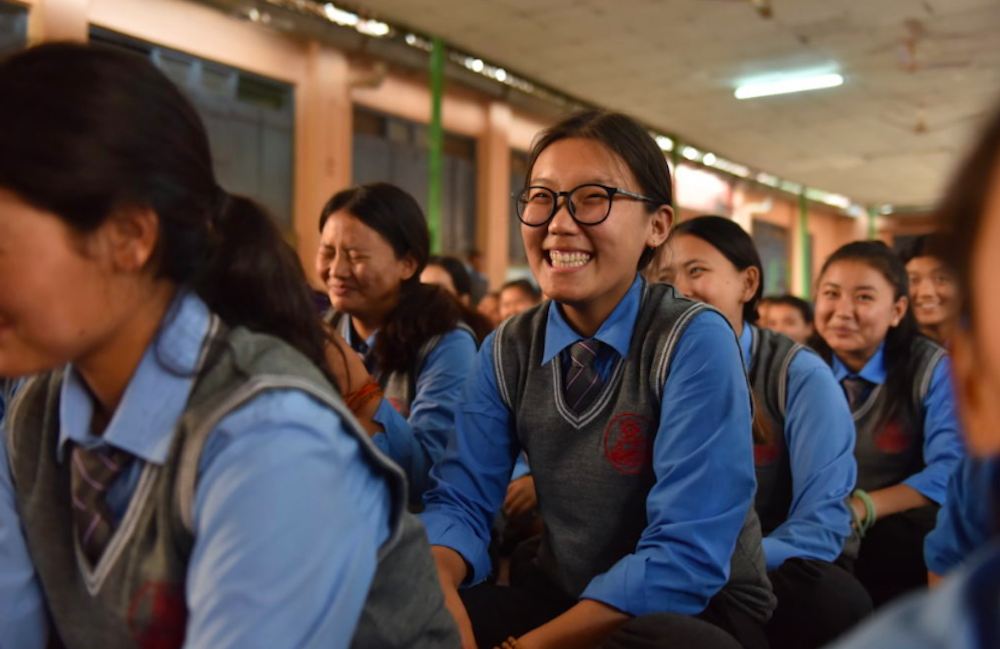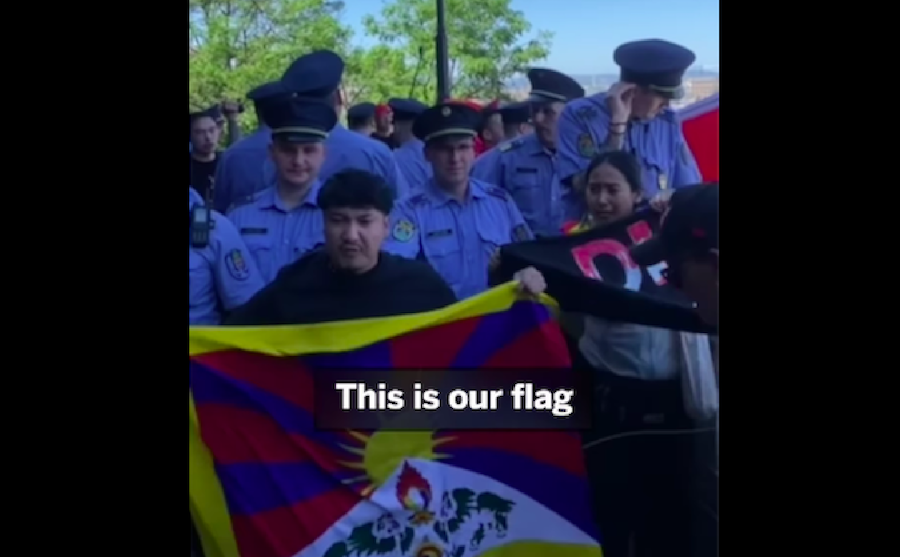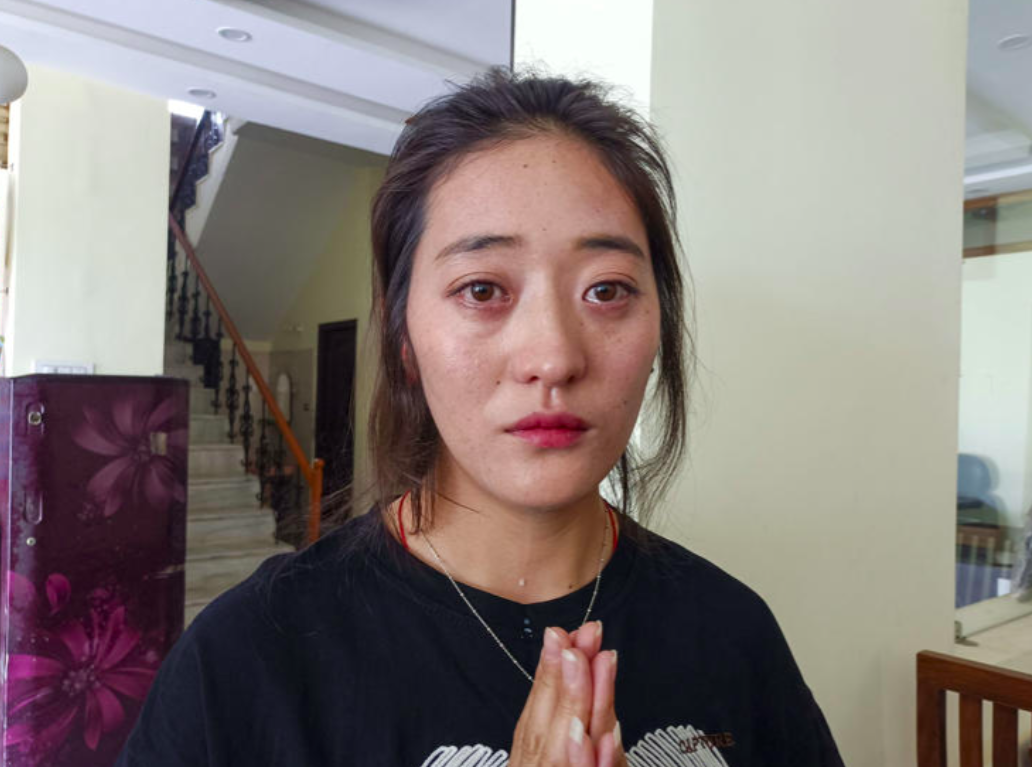Dharamsala, April 30 – Chinese government has denied media accreditation to Hong Kong based newspaper Apple Daily for the Shanghai Expo which begins tomorrow in Shanghai. The Chinese police also raided the home of a well-known government critic in a move that the New York based Human Rights in China described as “repeat of the human rights abuses that tarnished the 2008 Olympic Games in Beijing.”
The Hong Kong Journalists Association (HKJA) confirmed today that Shanghai authorities had refused to respond to the Apple Daily’s multiple applications for media accreditation to cover the Expo, which runs from May 1 to October 31, 2010. That refusal symbolized “a retreat in terms of press freedom because the Apple Daily did get a permit to cover the 2008 Beijing Olympics,” HKJA chairperson Mak Yin-ting told Human Rights Watch.
“The Shanghai Expo hasn’t even started yet, but already the Chinese government appears willing to use a high-profile international event to demonstrate its lack of tolerance for universal rights and freedoms,” said Sophie Richardson, Asia advocacy director at Human Rights Watch.
Known civil society activists in Shanghai have already come under police pressure not to speak out during the expo. Government critic Feng Zhenghu’s house was raided after he tried to launch an online “Expo of Judicial Injustice,” a critique of Shanghai’s legal system, on April 19. Police confiscated his computers and threatened him with possible charges of “libel and slander.”
According to the Human Rights Watch, the Shanghai Expo, like the 2008 Beijing Olympic Games, is likely to be a magnet for marginalized individuals and groups seeking public attention to issues ranging from corruption, police brutality, the plight of oppressed ethnic minorities such as Tibetans and Muslim Uighurs of Xinjiang, and rampant forced evictions. The Geneva-based Centre on Housing Rights and Evictions has estimated that development of the Shanghai Expo site alone prompted the eviction of up to 18,000 citizens, some of whom have attempted to pursue legal action for inadequate compensation against the event’s Paris-based organizer, the International Exhibitions Bureau.
“The Shanghai Expo authorities should be mindful that many remember the 2008 Beijing Olympics as much for the arrests and detention of peaceful protestors and journalists as for the achievements of the athletes or the iconic venues such as the Bird’s Nest,” Richardson said.
During the 2008 Beijing Olympics, the Chinese government backtracked on promises to allow citizens to demonstrate at designated protest zones in three Beijing parks. Instead, officials announced on August 20, 2008, that they had denied all 77 protest applications that were filed, claiming that the government had successfully resolved the applicants’ concerns.
“Countries represented at the Expo are trying to show off their best side,” said Richardson. “Surely China, the host government, should be encouraged by the international community coming to China to put on a memorable display by respecting Article 35 of its own constitution to allow peaceful exercise of rights of assembly, expression, and press freedom.”









